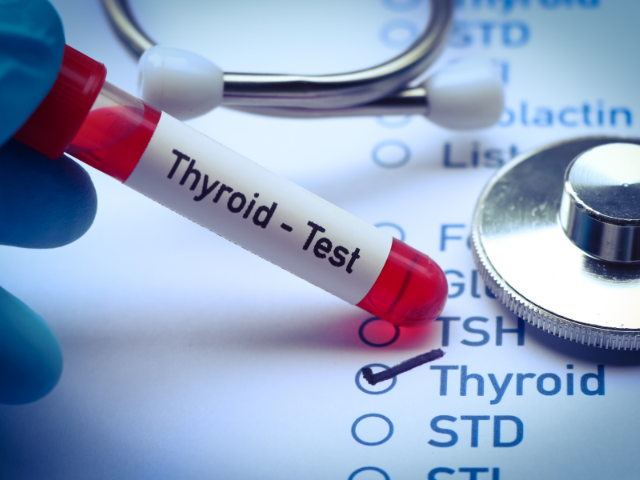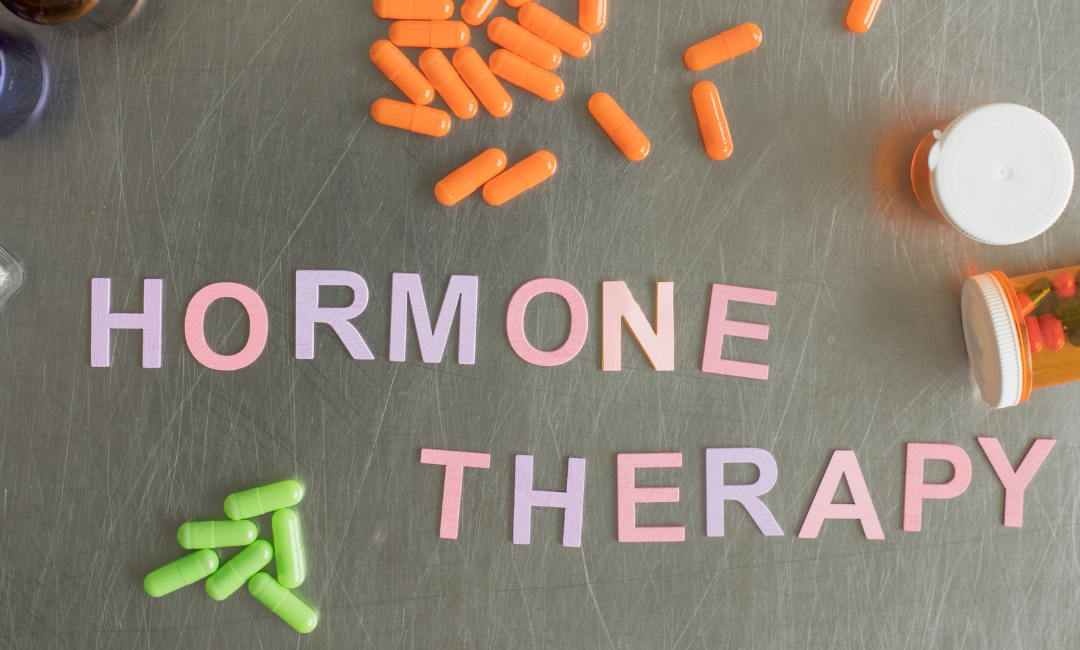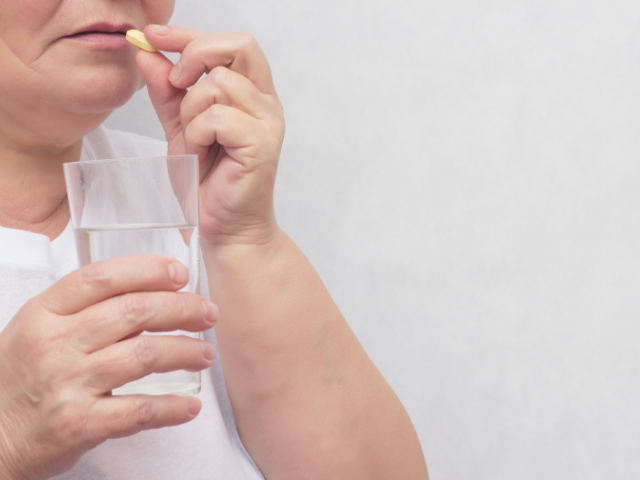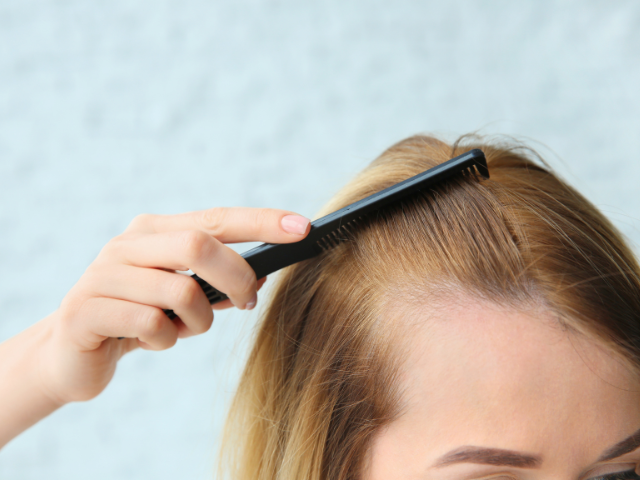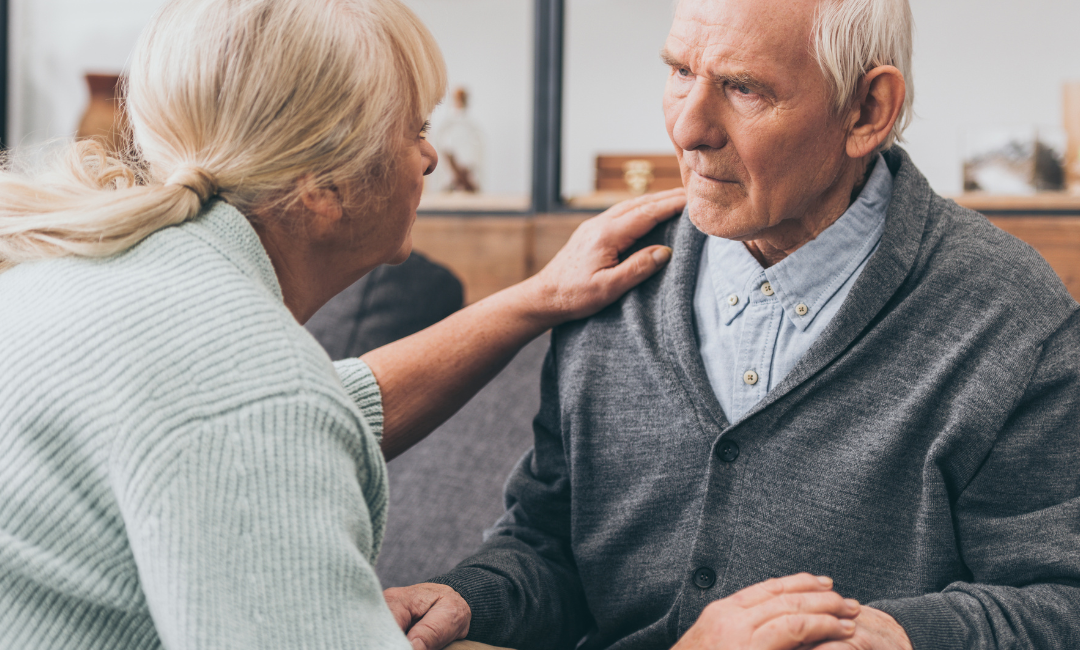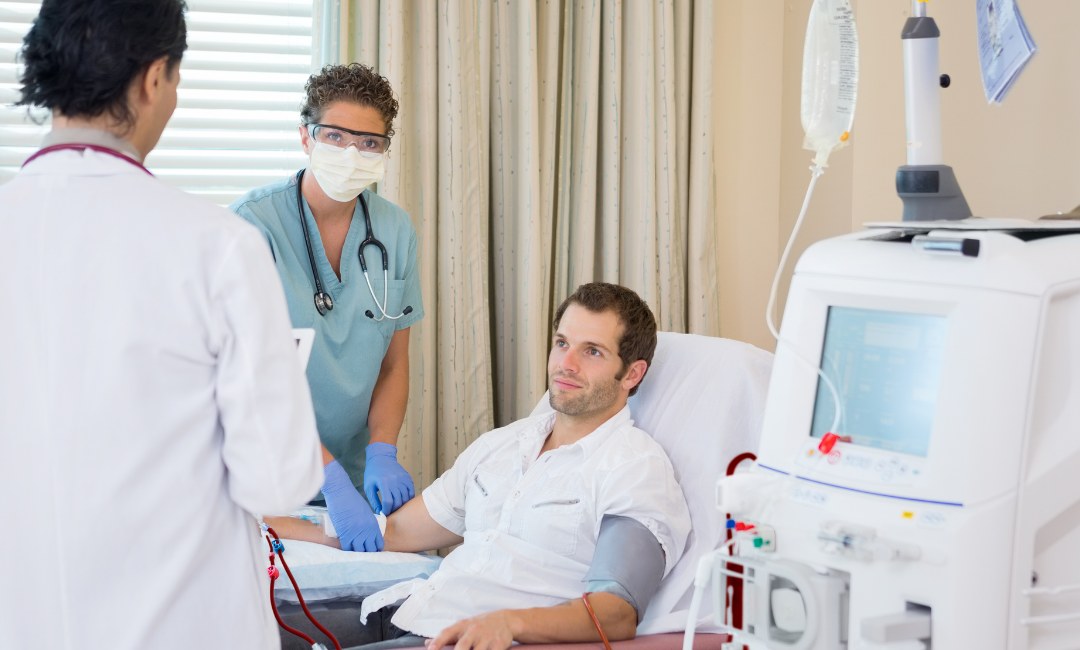Side Effects and Adverse Effects of Levothyroxine
Occasional side effects of levothyroxine include reversible hair loss at the start of the therapy in children. Rare side effects include dry skin, rash, urticaria, gastrointestinal intolerance, pseudotumor cerebri, and severe headache in children.
Adverse effects of levothyroxine occur when it is given in excessive doses, more than required, producing symptoms of hyperthyroidism, such as weight loss, palpitations, increased appetite, tremors, anxiety, tachycardia, hypertension, headache, insomnia, and menstrual irregularities. Long-term therapy can also decrease bone mineral density.
Nursing Considerations
Do not change brands to administer levothyroxine through the intravenous route, as there are known issues with bioequivalence between manufacturers. For IV reconstitution, reconstitute a 200 mcg or 500 mcg vial with 5 mL 0.9% NaCl to provide a concentration of 40 or 100 mcg/mL, respectively; shake until clear. Administer the solution immediately and discard unused portions. Give each 100 mcg or less over 1 minute and store the vials at room temperature.
Levothyroxine is available in capsules by the brand name Tirosint in the strengths 13 mcg, 25 mcg, 50 mcg, 75 mcg, 88 mcg, 100 mcg, 112 mcg, 125 mcg, 137 mcg, 150 mcg. It is also available as injection powder for reconstitution in the strengths 100 mcg, 200 mcg, and 500 mcg, and tablets in the strengths 25 mcg, 50 mcg, 75 mcg, 88 mcg, 100 mcg, 112 mcg, 125 mcg, 137 mcg, 150 mcg, 175 mcg, 200 mcg, 300 mcg.
Before starting levothyroxine therapy, obtain baseline TSH, T3, and T4 with weight and vital signs. Check for the signs and symptoms of diabetes, diabetes insipidus, hypopituitarism, and adrenal insufficiency. Treat with adrenocortical steroids before thyroid therapy in coexisting hypothyroidism and hypoadrenalism.
With levothyroxine therapy, monitor the patient’s pulse rate and rhythm. Report to the physician if the pulse is more significant than 100 or if you notice a marked increase. Observe the patient for anxiety and tremors and assess appetite and sleep pattern. Undertreatment in children may result in decreased intellectual development and linear growth, while overtreatment affects brain maturation and accelerates bone age.
Inform the patient not to discontinue drug therapy and that thyroid hormone replacement is lifelong. Please encourage them to attend follow-up visits and remind them that thyroid function tests are essential. Tell your patients to take the medication simultaneously daily, preferably in the morning before breakfast.
Monitor the patient’s pulse rate and rhythm and report any irregularity to the physician. Promptly report weight loss, chest pain, insomnia, anxiety, and tremors. In children, levothyroxine may cause reversible hair loss and increased aggressiveness during the first few months of therapy. It can take up to three weeks for the full therapeutic effects to show.
